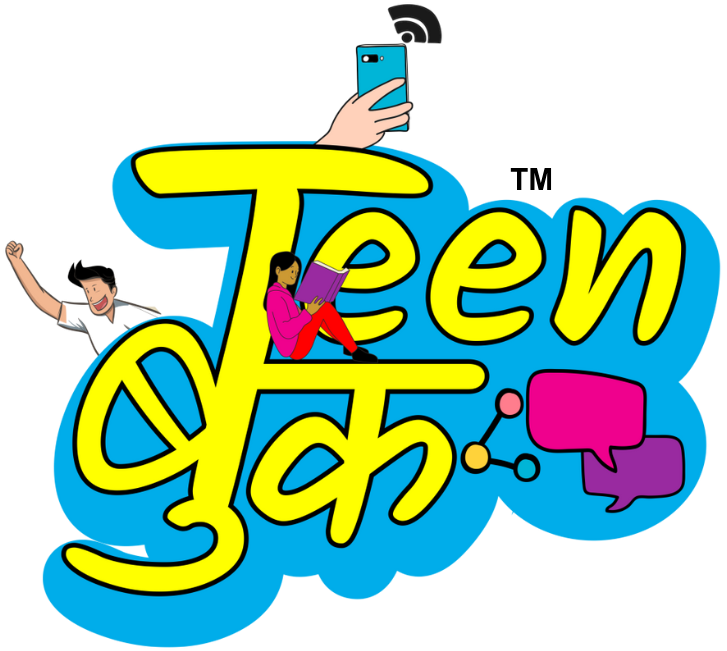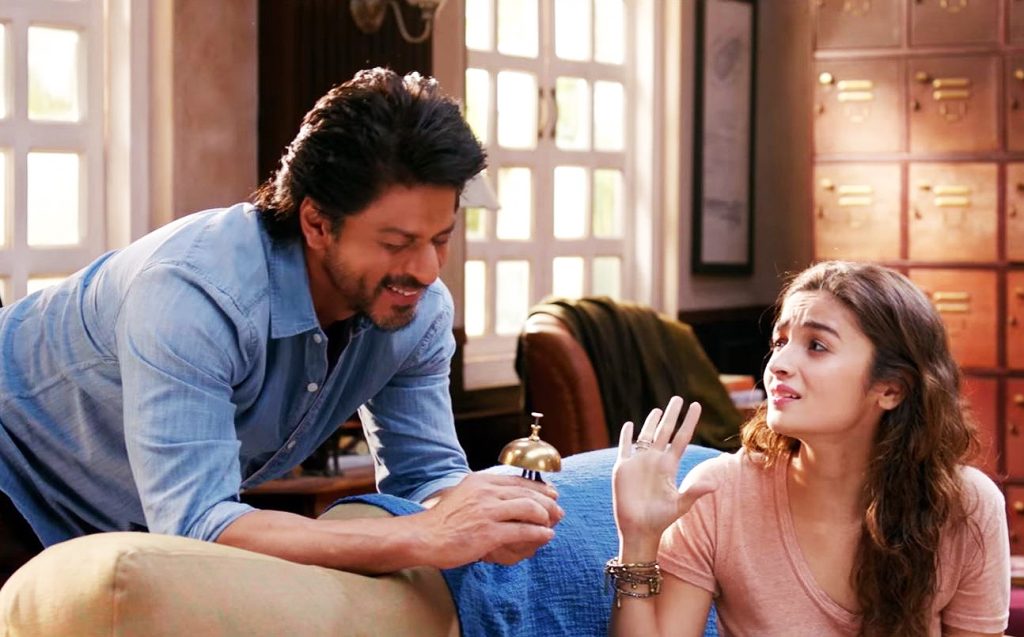What’s POV and why should you care? Understanding perspectives
Say hello to Aarav and Riya, the ultimate frenemy duo always on the hunt for their next debate topic. This time, it’s all about paneer! But hold up, when their senior, Rohan, swoops in, things take an interesting turn. Wondering what magic words Rohan dropped to make them rethink their stance? Keep reading to find out in this week’s Canteen Talk.

Aarav and Riya are fighting. Again! In today’s edition of their fight, Aarav firmly believed that paneer belonged in every dish, while Riya was adamant that it was overrated.
As Aarav and Riya continued to bicker about the merits of paneer, they caught the attention of their school senior, Rohan. Rohan was the head boy and known for his wisdom and maturity, and he couldn’t help but notice the futility of their argument.
“Hello? What’s all this about?” Rohan asked, raising an eyebrow at the pair.
Aarav and Riya exchanged a look and immediately launched into their respective arguments, each convinced that the other couldn’t be more wrong. Rohan listened patiently before interrupting them.
Understanding perspective
“Ye sab toh theek hai but you guys are forgetting something very important,” Rohan said. “You’re not considering each other’s perspective at all.”
Aarav and Riya exchanged puzzled glances. What did he mean by “perspective”?
Rohan took a deep breath and began to explain. “Think of perspective like looking at a painting. When you stand really close, you might only see brushstrokes and colours, but as you step back, the whole picture comes into view. Each distance gives you a different perspective on the painting, just like in life, where different experiences or viewpoints can give you a broader understanding of a situation. In fact, there are different kinds of perspectives too!”
Different kinds of perspectives
“Different kinds?” asked Aarav, puzzled.
“Yes, of course. If you look at perspective, your perspective might be influenced by your cultural background – like where you come from and the environment that you grew up in. ” Let me break it down,” Rohan says, “Think about your paneer debate. Aarav, you’re all about paneer, right? Being from a North Indian background, it’s probably been a staple in your meals since forever. But Riya, as a South Indian, maybe you haven’t had the same exposure to it. Your taste buds and food preferences are shaped by your cultural backgrounds. So, while paneer might be a must-have for Aarav, Riya might not feel the same connection to it because it’s perhaps not as ingrained in her culinary culture.”
Aarav nods, seeing the point. “Oh, yeah, I never thought of it that way.”
Riya adds, “Yeah, I guess that makes sense. It’s like how my family always cooks with coconut, but Aarav’s family uses more dairy.”
“Exactly!” Rohan smiles. “Cultural perspective shapes how we see and experience things, even something as simple as paneer.“
Aarav and Riya listened intently as Rohan elaborated.
“Then there’s the emotional perspective. For example, when you watch a movie with a group of friends, different people might react to different scenes in the movie. Some might like the action while some might cry in the emotional scenes. This reaction is based on the past experiences and present emotions of a person which can be different for different people.”
“You’re right! Last weekend we watched The Fault in our stars and he wouldn’t stop making fun of me for crying in that funeral scene! See? I can’t help it that you’re a non feeling robot Aarav”, Riya scowled.
“That’s because maybe you went through a family loss recently or in the past, and the movie reminded you of the pain you felt. On the other hand, Aarav hasn’t experienced anything like that and might not feel as emotionally invested in the movie. “
“In this scenario, your emotional perspective, based on your personal experiences and feelings, decides how you see and feel about the movie.”
“ Oh, yeah that makes sense.” Riya admitted.
Changing perspective
“That’s okay but I will never believe anything is better than paneer.” added Aarav.
“But what if you try something completely new tomorrow and you like it even better? Maybe you haven’t even tried your favourite food yet!” said Rohan.
This made Aarav pause. As Rohan explained further, Aarav and Riya started to realise the importance of understanding and respecting different perspectives. They began to see that their own opinions were just one piece of the puzzle, and that there was value in considering alternative viewpoints.
“But nobody will take me seriously if I change my opinion every other day” frowned Aarav.
“It might feel that way but changing perspectives is normal and even commendable,” Rohan reassured them. “It’s a sign that you are learning, growing and have empathy. When we start considering other people’s perspectives, we become more understanding and might even end up being better friends, siblings or even partners.”


